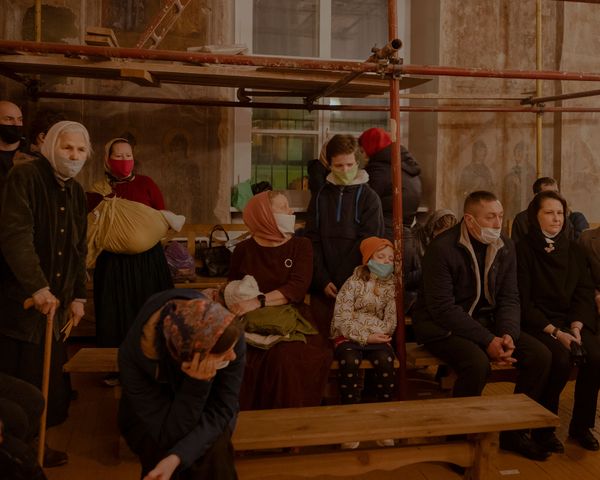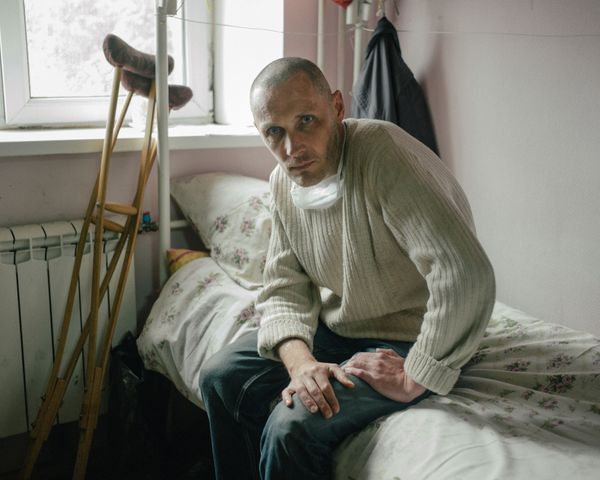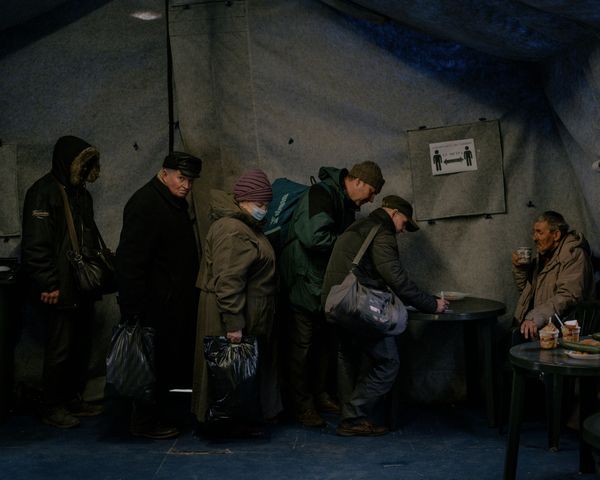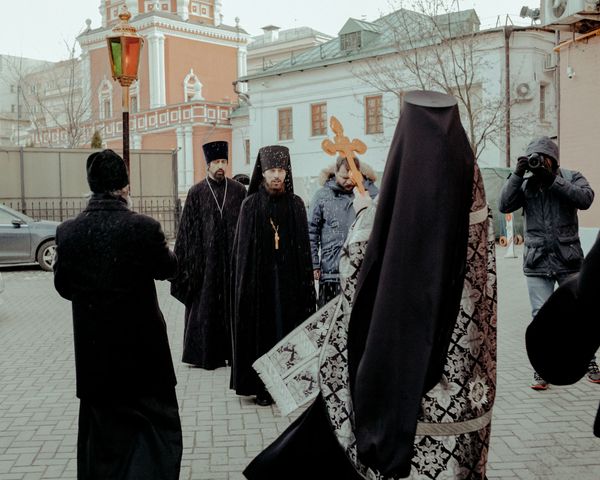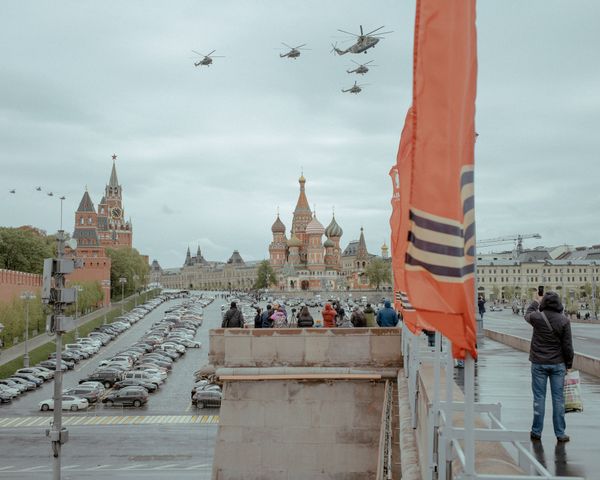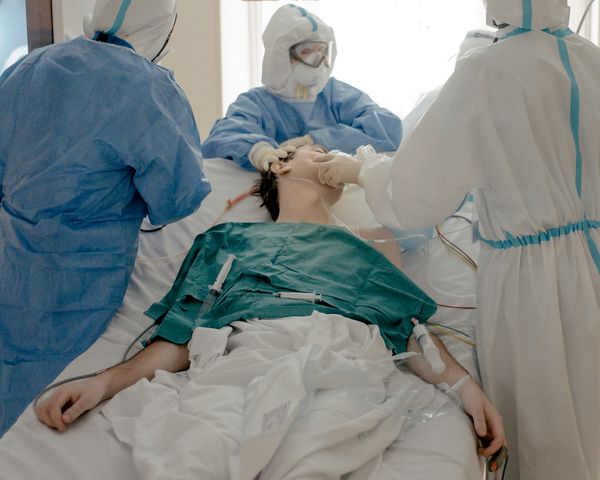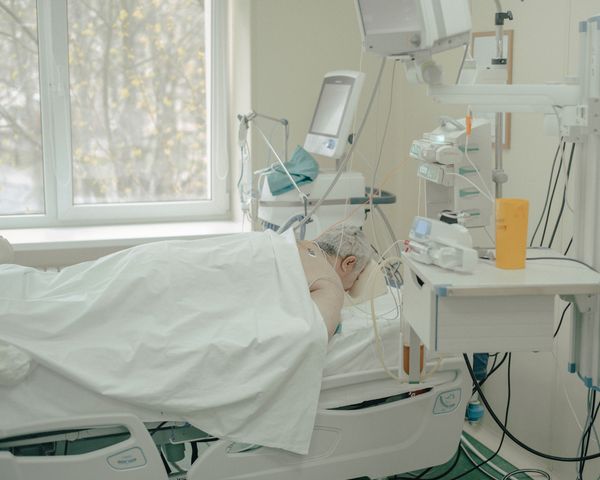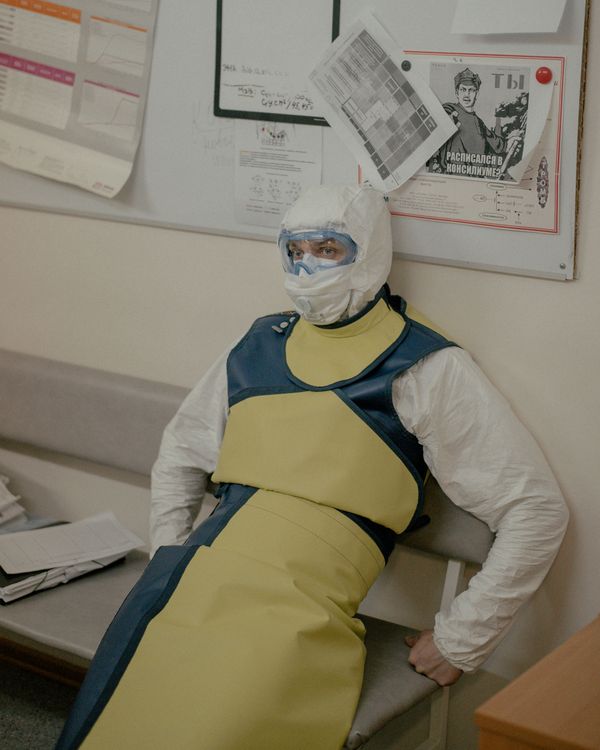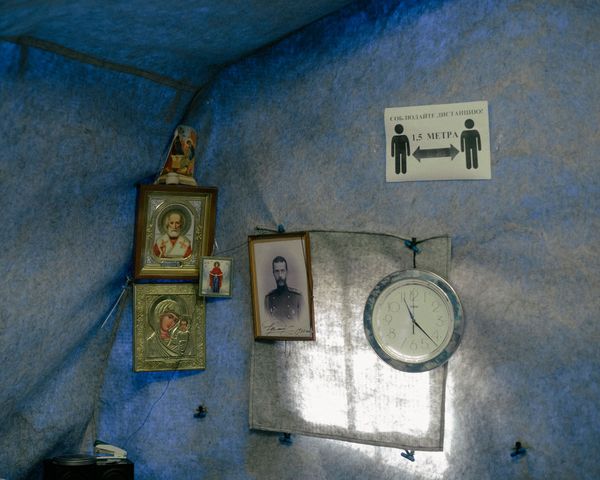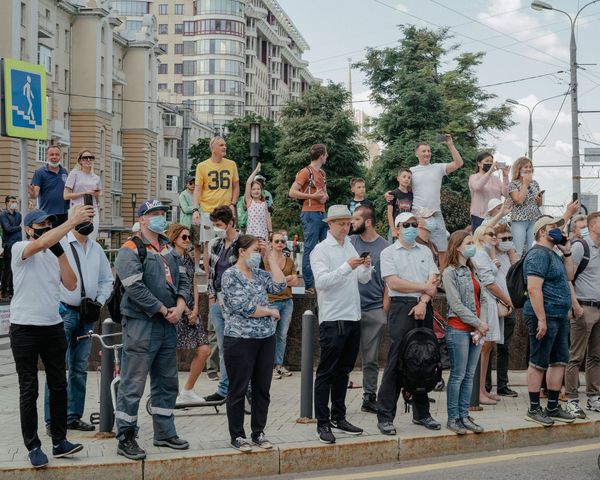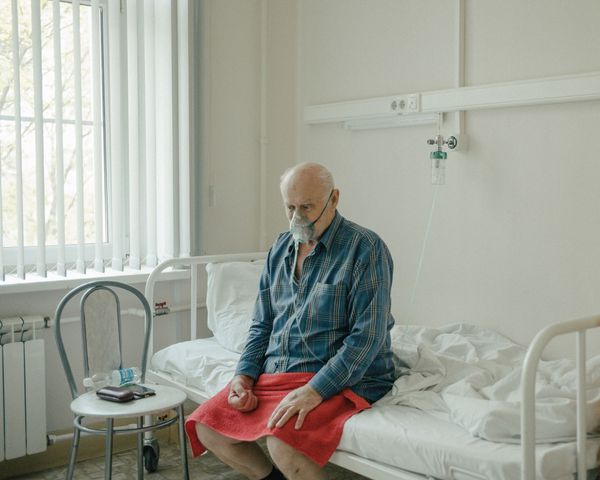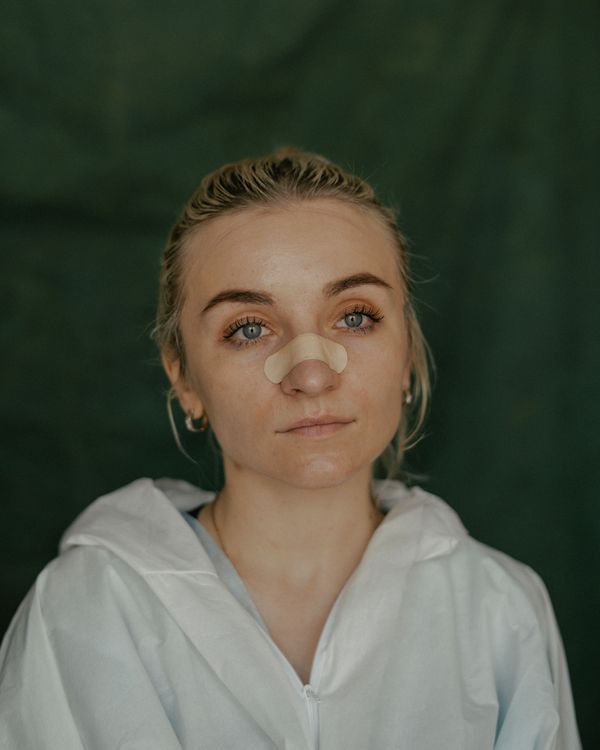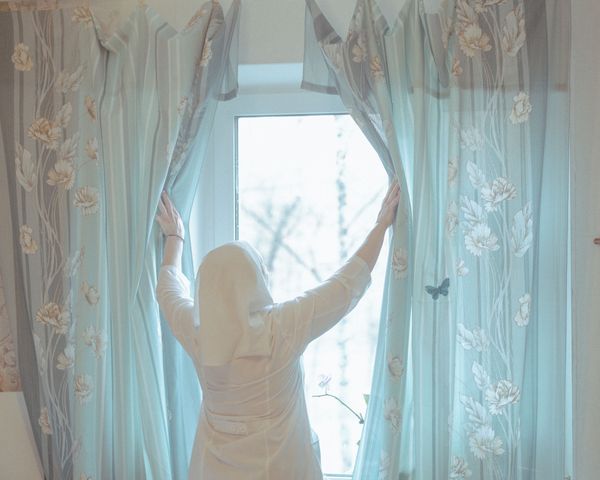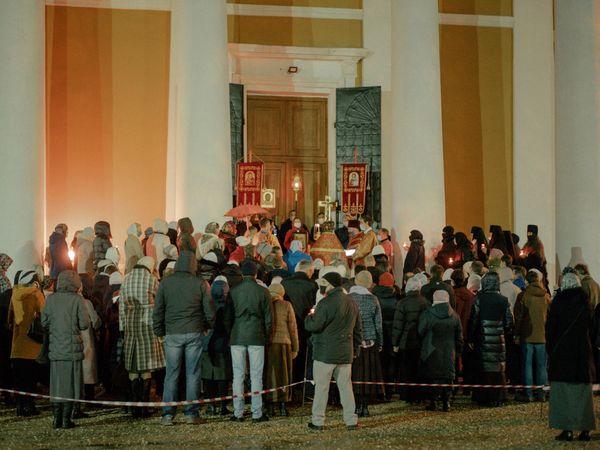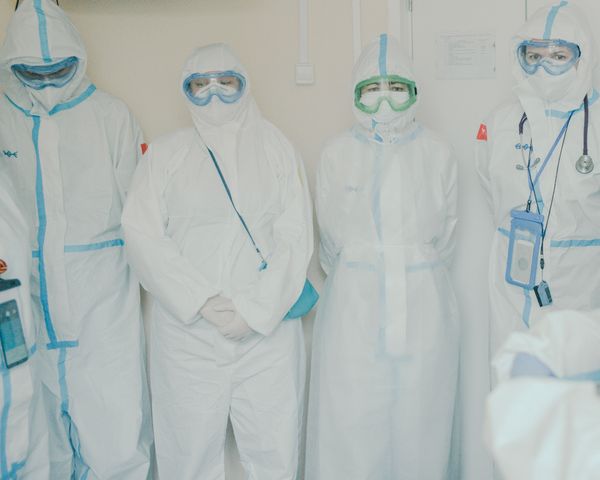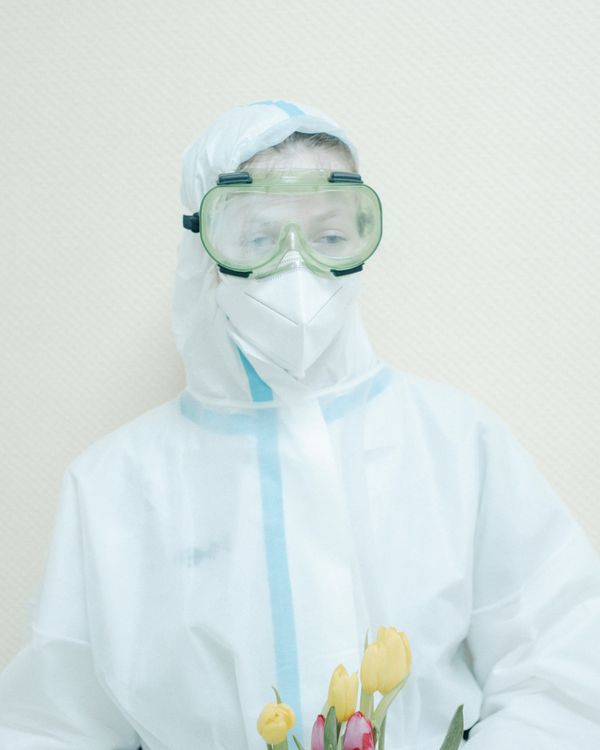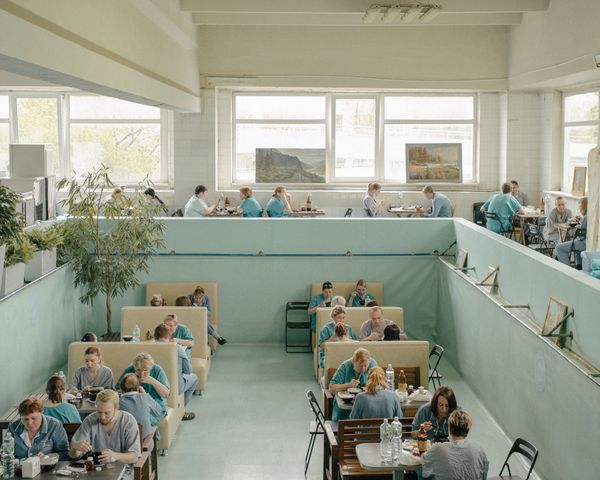Inside Russia’s surreal battle against the pandemic
-
Dates2020 - Ongoing
-
Author
With almost one million cases of coronavirus infections reported Russia has the fourth- highest number of infections behind the United States, Brazil and India. Coronavirus is reportedly 16 times more fatal for healthcare workers in Russia than in other countries. More than 600 medics have died from the virus.
My works focuses on different aspects and chronicles Russia’s sometimes surreal battle against the pandemic.
The Russian Orthodox Church feuded openly this spring over orders to follow pandemic safety measures arguing that guided group worship must take precedence over quarantine orders. Despite Moscow’s complete lockdown many Russian-Orthodox churches ignored quarantine instructions and were open until the end.
Since end of March for more than two months nearly all parts of the country were locked down completely. The official unemployment rate in Russia has dibbled in this time twice since early April: almost half of the population have no savings or just enough savings to survive for one month. I follow charities who support the most vulnerable of our society, increasing numbers of victims of domestic violence, homeless and people who just lost their home and their work due the pandemic.
I’m documenting the tireless work of doctors in Moscow’s overcrowded hospitals where complete hospital territories were turned into a red zone: fighting one disease that didn’t exist some months ago.
The jubilee of Victory Day should have become a huge celebration but only a fly over of military planes took place. President Vladimir Putin has ordered the Russian military to hold its landmark parade marking the 75th anniversary of the Soviet victory in World War II, which was originally scheduled for May 9. On June 24th, just some days before the vote on referendum that grants Putin the possibility to stay in power until 2036 it was decided that the parade will take place despite high numbers of new infections and with that end the lockdown in most areas of the country.
Now, of course, the government has announced this Russian COVID-19 vaccine—that they are making it official for use. For some months the government has been saying how well it was progressing with the vaccine, and there were rumors that some important people had already been vaccinated. On the state-owned channel it’s a big story; they’re saying how good the vaccine will be for Russia’s financial markets, that it’s safe, that President Vladimir Putin’s daughter received it and is doing well, that there’s nothing to worry about.
While numbers of new infections were going slightly down this summer the second wave is already approaching. This winter I want to see and witness how this pandemic changed the way of life in remoter regions of Russia. Getting away from the bigger cities we could have a more in depth portrait of how Russia and its minorities are now. Moscow's doctors are being sent to the poor and remote republics of the Russian Federation: such as the mountain republic of Dagestan where conspiracy theories, an ailing medical system and a cover-up of numbers by the government have let to and disastrous, uncontrolled outbreak.
